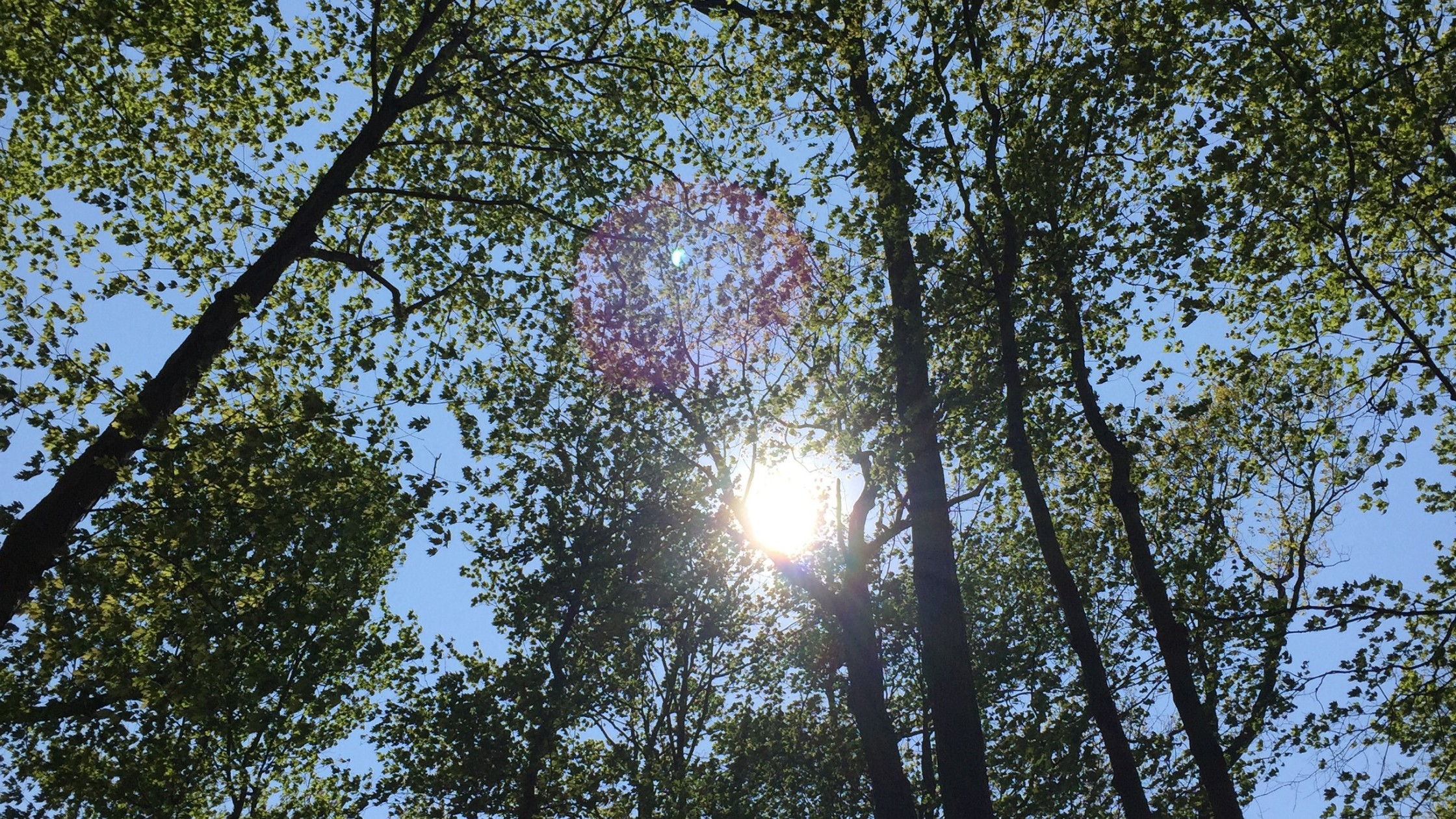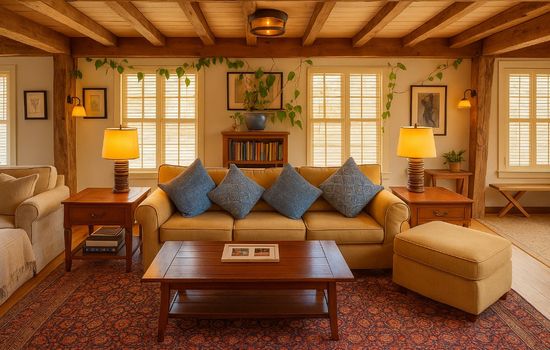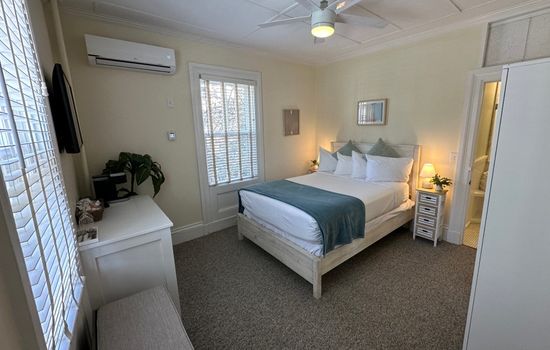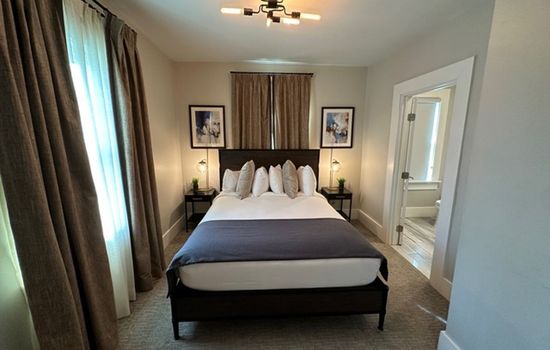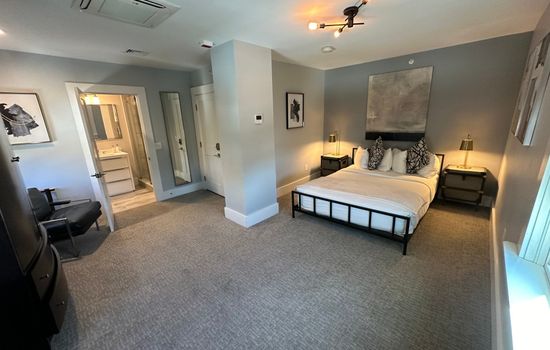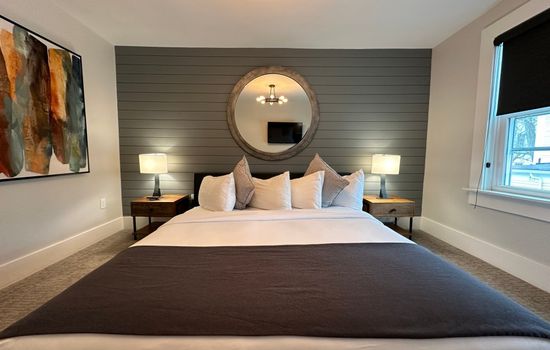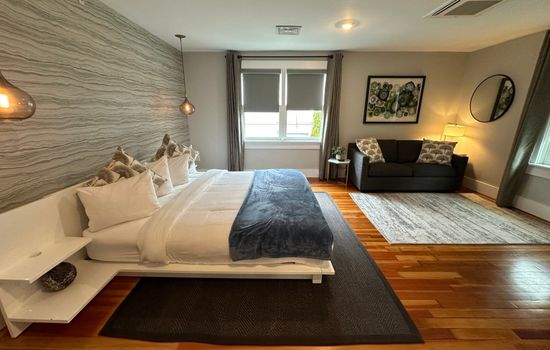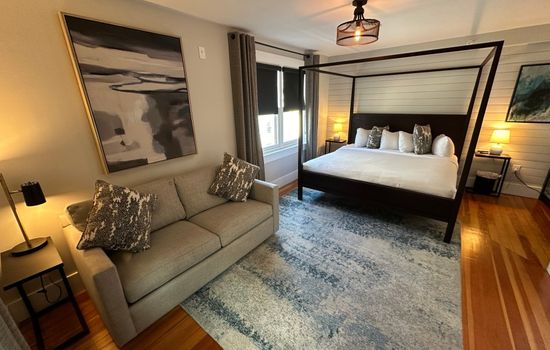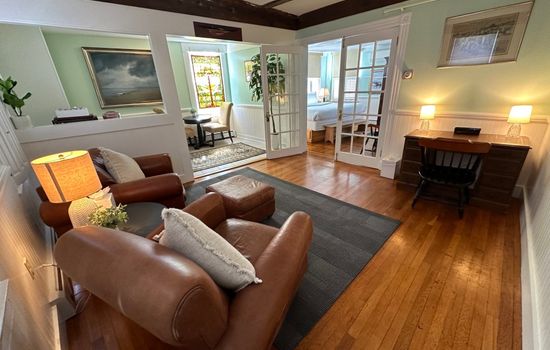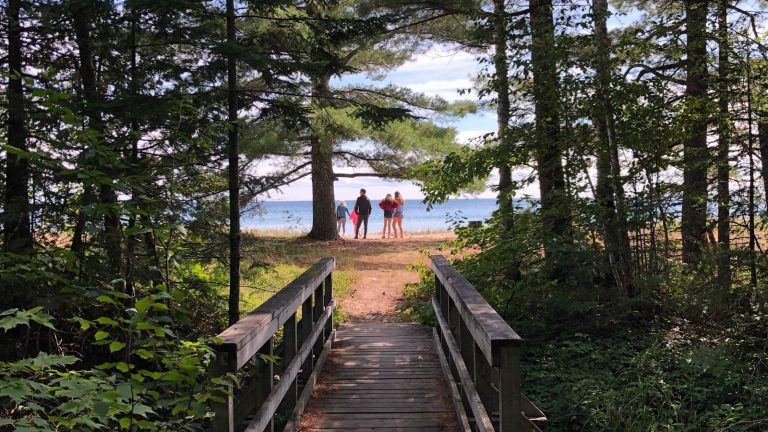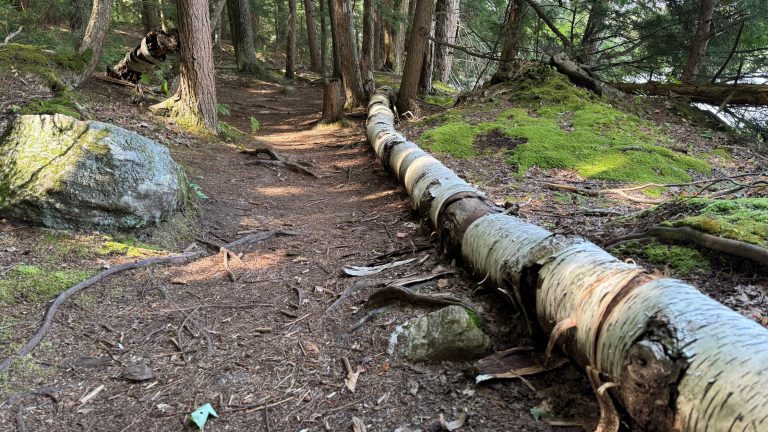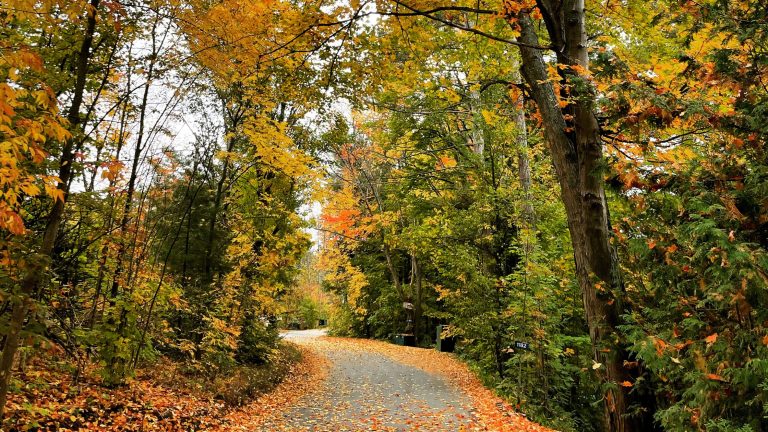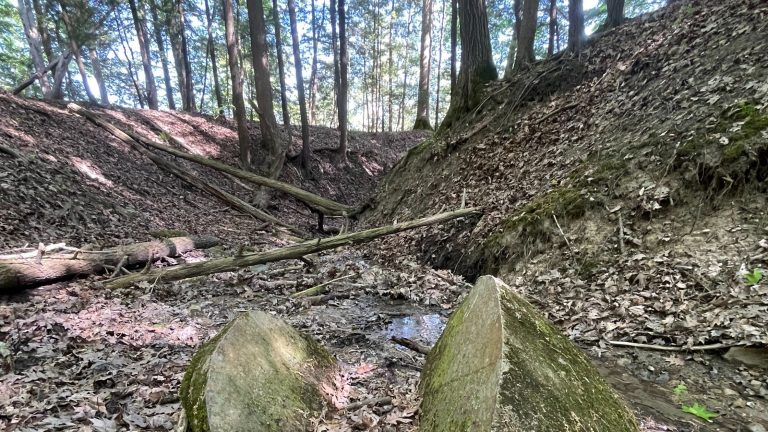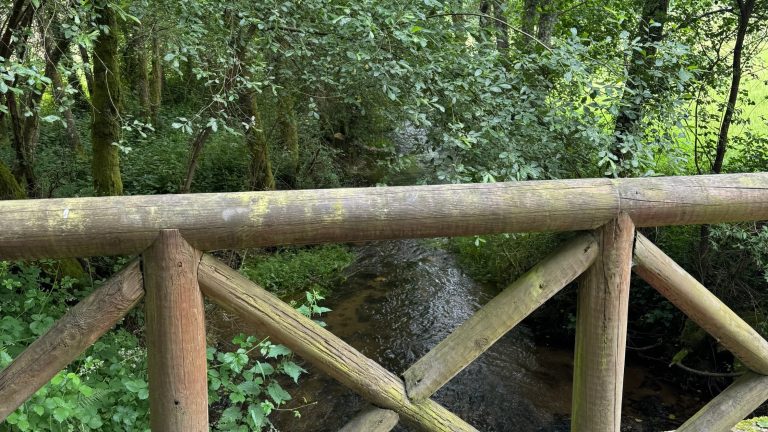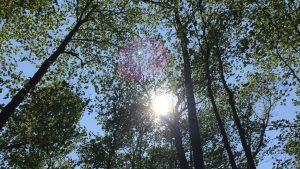The Boston African American National Historic Site is open Tuesday through Saturday from 10:00 AM to 4:00 PM, and Sunday from 10:00 AM to 4:00 PM. It is closed on Mondays.
The entrance fee at Boston African American National Historic Site is $15 for adults with meeting house access, $10 for adults without, $10 for military/veterans, and $8 for youth ages 5-17. Seniors pay $10. Fees cover both the African Meeting House and the Abiel Smith School.
From Boston, take I-93 to Exit 20, then follow signs to Park Street. Walk up to the State House, turn left on Beacon, and right on Joy Street, immersed in historic Beacon Hill’s rich African American heritage.
For the Boston African American National Historic Site, parking is not available on site. Use nearby MBTA parking lots or garages like Boston Common Garage, with fees ranging from $2 to $15 per day. No overnight parking. RVs and motorcycles can use larger garages like One Beacon Garage or CityPlace Garage.
Accessibility & permits
Emergency
- Cell service availability:Partial
Information not accurate?
Help us improve by making a suggestion.
Uncover Boston's Rich Abolitionist Heritage on the Historic Beacon Hill Trail
In the heart of Boston, on the storied slopes of Beacon Hill, lies the Boston African American National Historic Site, a testament to the resilient spirit and profound contributions of the city’s 19th-century African American community. This historic site, designated in 1980, preserves and commemorates the original buildings that once housed a thriving free Black community.
As you walk along the 1.6-mile Black Heritage Trail, you are immersed in a rich tapestry of history. The trail weaves through a collection of over two dozen pre-Civil War structures, including homes, schools, churches, and gathering places that served as the backbone of this vibrant community. The African Meeting House, opened in 1806, stands as a spiritual, cultural, and political hub, while the Lewis and Harriet Hayden House played a pivotal role in Boston’s Underground Railroad.
The Abiel Smith School, the first school built specifically for Black students, now serves as a gallery space for the Museum of African American History. The Robert Gould Shaw and 54th Massachusetts Regiment Memorial, a masterpiece by Augustus Saint-Gaudens, honors the bravery of the first northern Black regiment to serve in the U.S. Civil War.
Seasonal ranger-guided tours bring this history to life, while self-guided tours via the NPS App allow for a more personal exploration. As you explore, the shadows of the Massachusetts State House loom above, a poignant reminder of the community’s tireless fight against slavery and inequality.
In the summer, the area comes alive with cultural events and historical reenactments, offering a deeper connection to the site’s significant past. For those seeking a more immersive experience, the Museum of African American History provides in-depth insights into the lives and achievements of this remarkable community.
This historic site is not just a collection of buildings; it is a living testament to the courage, resilience, and determination of Boston’s African American pioneers, making it an indispensable destination for any traveler seeking to delve into the rich and complex history of America.
- Area (mi²)
- 0.1
- Annual visitors
- 327 921
- Established year
- 1980
Top 3 Facts about Boston African American National Historic Site
The African Meeting House, built in 1806, is the oldest surviving black church building in the United States, standing for over 217 years and serving as a central hub for religious, social, educational, and political activities for the free black community.
This historic site, while predominantly known for its significant cultural and historical importance, also hosts a variety of wildlife. Along the trails, visitors might spot the American black duck, snowy egret, and American oystercatcher. The area’s unique urban environment supports a diverse array of birdlife, adding a natural layer to the rich historical narrative of the site. As you walk through the historic buildings and streets, the blend of urban and natural elements creates a unique and captivating experience.
On the north face of Beacon Hill, this historic site is set against the backdrop of the Charles River, whose waters glimmer with a soft blue hue under the city’s skyline. The area’s mild climate, with temperatures ranging from 24°F in winter to 82°F in summer, makes it an inviting destination. The terrain is characterized by gentle slopes and historic brownstone buildings, rather than dramatic mountains or lakes, offering a unique urban landscape steeped in history and cultural significance.
Family programs
- Junior Ranger
- Ranger-led Tours
- Self-guided Tours
- Virtual Junior Activities
Travel Tips
Plan Ahead
Visit in spring for the Black Heritage Trail walk; plan a half-day to explore 10 historic sites. Start at the visitors center on Joy Street, wear comfortable shoes for the 1.6-mile paved trail, and pack a meal as options are limited.
Pack Appropriately
Pack lightweight clothing, comfortable shoes, and a light jacket for cooler evenings. Bring water, snacks, and sun protection for a day trip. For longer stays, include camping gear and layers for unpredictable weather. Check the season for specific needs.
Respect Wildlife
When visiting urban historical sites, respect local flora by staying on designated paths and not littering. Keep noise levels down to avoid disturbing urban wildlife, and support local conservation efforts by participating in community clean-up initiatives.【End】
Stay Informed
Stay on marked trails, avoid ledges and water areas, and check weather conditions. Follow park signs and rules. For emergencies, call 911 or park authorities at the provided contact number.
Seasons
Visit in spring, when temperatures rise to the 50s and 60s, and enjoy mild weather. Catch the Black Heritage Trail Tour in April, a family-friendly event that delves into the city’s rich African American history. Ideal time for outdoor exploration.
Explore historic Boston in summer’s warm temperatures (70s-80s°F) and mild humidity. Join guided Black Heritage Trail tours from Memorial Day to Labor Day. Don’t miss the Juneteenth Block Party in June, featuring music, food, and cultural events. Ideal for history enthusiasts and families.
Explore historic Beacon Hill in autumn, with crisp temperatures (50s-60s°F) and vibrant foliage. Join the Black Heritage Trail tours, available through October. Experience the rich history and cultural significance of this iconic neighborhood.【Fall events include guided walks and historical reenactments.】
Explore historic Beacon Hill in winter, braving cold temperatures (often below 32°F) from December to February. Despite the chill, the season offers a serene and crowd-free experience, allowing for a deeper connection with the sites and stories of the pre-Civil War African American community.
Information not accurate?
Help us improve by making a suggestion.
Where to stay
Nearby parks
Frequently Asked Questions
Ready to dive into what Boston African American National Historic Site has to offer? Let’s tackle some of the burning questions you might have as you plan your visit!
-
The closest city to the Boston African American National Historic Site is Boston, Massachusetts. This site is located in the Beacon Hill neighborhood of Boston, which is in the heart of the city.
-
Dogs are not allowed inside the historic buildings, but they can be in the outdoor areas as long as they are on a leash. This rule helps protect the historic properties and ensure visitor safety.
-
You can park at various subway stations with parking lots, which have rates ranging from $2 to $15 for the day. There are also several parking garages near the Abiel Smith School and other sites in the vicinity. However, these locations may not accommodate large vehicles like motorhomes or camper vans.
-
The site commemorates the lives and contributions of African Americans in 19th-century Boston, including their roles in the Abolition Movement, the Underground Railroad, and the Civil War. It honors figures like Crispus Attucks, the first colonist killed in the Boston Massacre in 1770, and the Massachusetts 54th Infantry Regiment, a Black regiment that fought in the Civil War. The site also marks the community’s struggle for equal rights and education, particularly on the north slope of Beacon Hill, where many free African Americans lived after Massachusetts abolished slavery following the American Revolutionary War.

